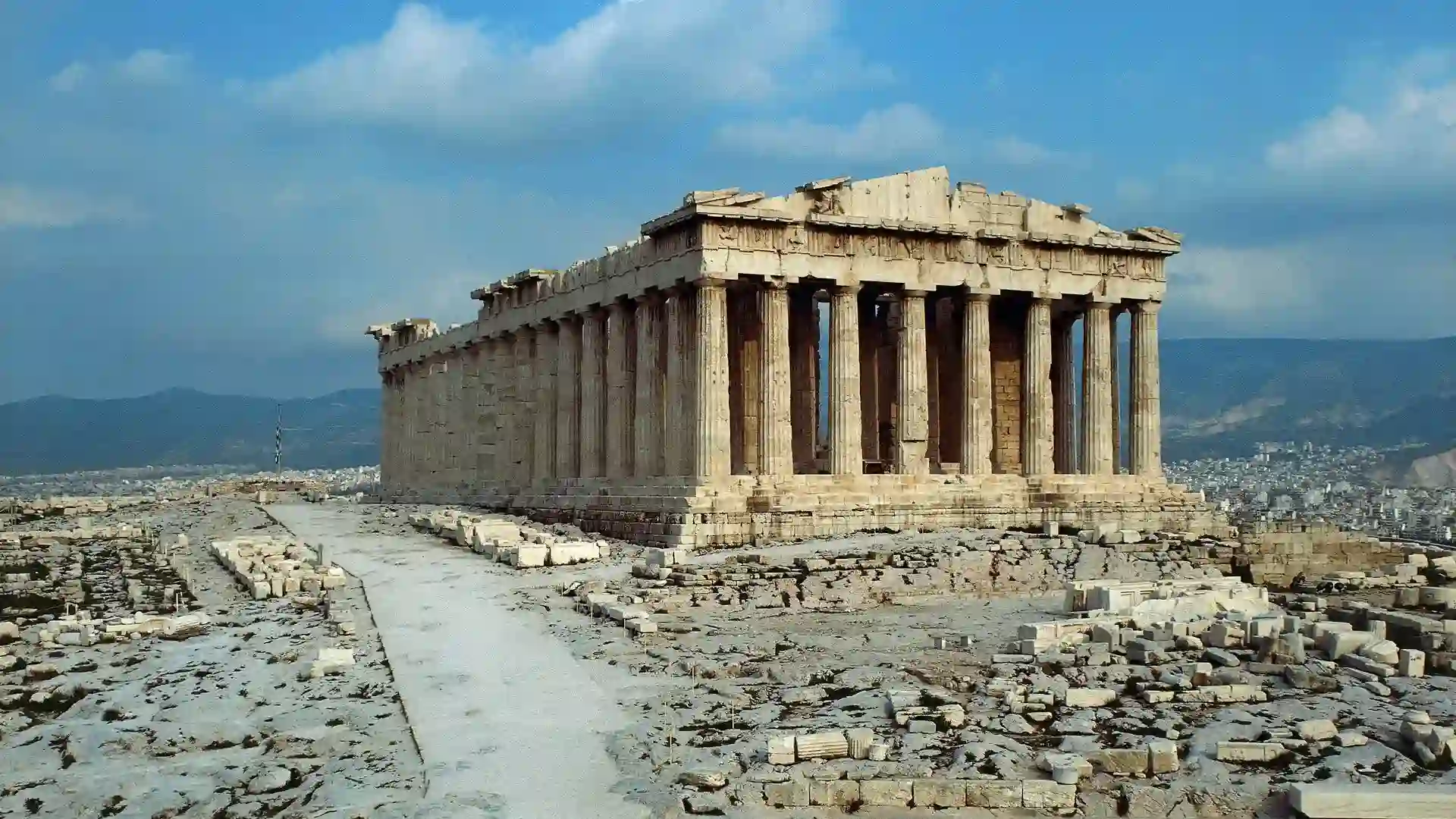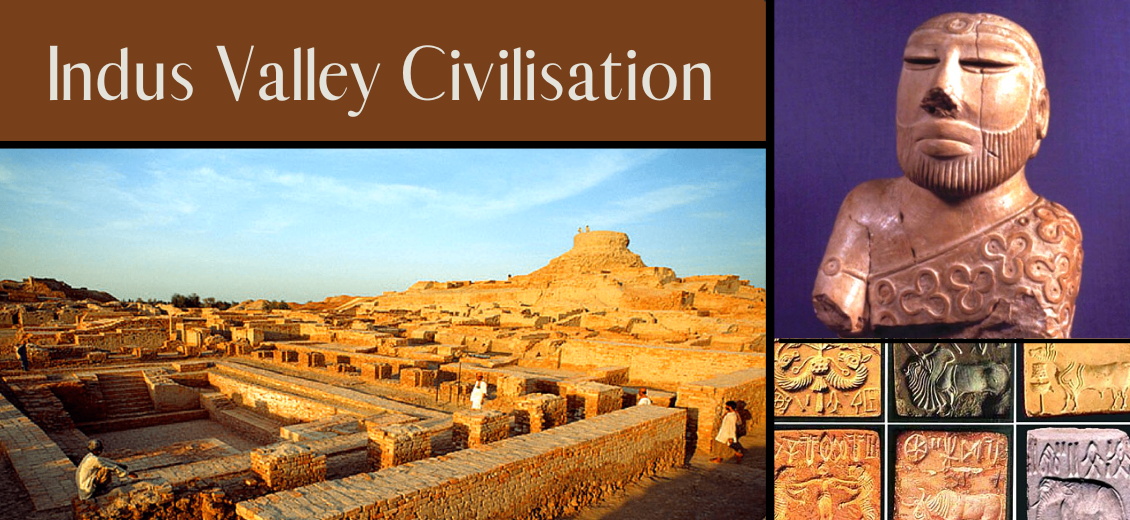Introduction: Ancient Greece, often referred to as the cradle of Western civilization, holds a prominent place in history due to its profound impact on the development of philosophy, politics, art, and literature. This article takes you on a journey through the rich cultural tapestry of Ancient Greece, exploring its achievements and contributions to the world.
- Historical Background: Ancient Greece emerged around the 8th century BCE and flourished until the conquest of Alexander the Great in 323 BCE. It comprised various city-states, such as Athens, Sparta, and Corinth, each with its own distinct political and social structures.
- Democracy and Governance: Athens, known for its democratic system, stands as a testament to Ancient Greece’s pioneering political ideology. The Athenian democracy allowed citizens to participate directly in decision-making, emphasizing equality, freedom of speech, and the rule of law.
- Philosophy and Thinkers: Ancient Greece produced some of the most renowned philosophers in history. Socrates, Plato, and Aristotle laid the foundations for Western philosophical thought, exploring concepts of ethics, metaphysics, and logic. Their ideas continue to shape intellectual discourse today.
- Olympic Games: The Olympic Games, held in honor of Zeus, captured the essence of Ancient Greek culture. The games served as a platform for athletes to showcase their physical prowess and fostered a sense of unity among city-states during the truce period. Today, the Olympics remain a testament to the enduring spirit of competition and sportsmanship.
- Art and Architecture: The Greeks’ artistic achievements left an indelible mark on the world. From the graceful statues of gods and goddesses to the magnificent temples, their art and architecture reflected a deep appreciation for beauty, proportion, and harmony. The Parthenon in Athens and the statue of Zeus at Olympia stand as iconic examples of Greek architectural prowess.
- Literature and Drama: Ancient Greek literature and drama continue to captivate audiences. Homer’s epic poems, the Iliad and the Odyssey, immortalize heroic tales and serve as a foundation for Western literature. Greek playwrights, such as Aeschylus, Sophocles, and Euripides, created enduring tragedies exploring the human condition and the nature of fate.
- Scientific and Mathematical Advancements: The Greeks’ intellectual curiosity extended to the realms of science and mathematics. Pythagoras developed the famous Pythagorean theorem, while Euclid laid the foundations for geometry. Greek scholars, like Hippocrates, made significant contributions to medicine, establishing the ethical principles of the medical profession.
- Women in Ancient Greece: While Ancient Greece was primarily patriarchal, there were notable women who defied societal norms. Figures such as Sappho, the renowned poetess, and Aspasia, a philosopher and influential figure in Athens, challenged traditional gender roles and left their mark on history.
Conclusion: Ancient Greece’s legacy is undeniably significant. Its cultural, intellectual, and political achievements laid the groundwork for the development of Western civilization. From democracy and philosophy to art and literature, the Greeks’ contributions continue to shape our understanding of the world. By studying Ancient Greece, we gain insight into our past and find inspiration for the future.
![]()





